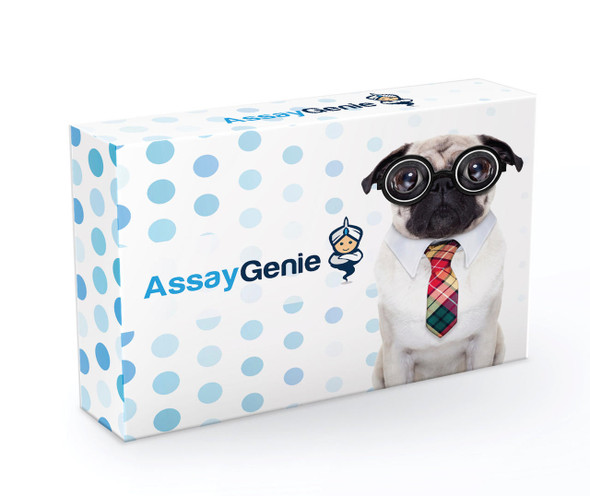Anti-CD40 Biotinylated Recombinant Rabbit Monoclonal Antibody (HDLA064)
- SKU:
- HDLA064
- Product Type:
- Rabbit Monoclonal Antibody
- Antibody Type:
- Monoclonal Antibody
- Size:
- 100 μg
- Reactivity:
- Human
- Host Species:
- Rabbit
- Antibody Isotype:
- Rabbit Igg
- Clone:
- DM102
- Synonyms:
- CD40, Bp50, CDW40, MGC9013, TNFRSF5, p50
Description
system_update_altDatasheet
| SKU: | HDLA064 |
| Size: | 100 µg |
| Clonality: | Monoclonal |
| Clone: | DM102 |
| Synonyms: | CD40, Bp50, CDW40, MGC9013, TNFRSF5, p50 |
| Applications: | ELISA, Flow Cyt |
| Recommended Dilution: | ELISA 1:5000-10000; Flow Cyt 1:100 |
| Host Species: | Rabbit |
| Isotype: | Rabbit IgG |
| Reactivity: | Human |
| Purification Method: | Purified from cell culture supernatant by affinity chromatography |
| Formulation: | Powder |
| Buffer: | 1XPBS |
| Storage: | Store at -20°C to -80°C for 12 months in lyophilized form. After reconstitution, if not intended for use within a month, aliquot and store at -80°C (Avoid repeated freezing and thawing).Lyophilized antibodies are shipped at ambient temperature. |
| Usage: | Research use only |
| Background: | This gene is a member of the TNF-receptor superfamily. The encoded protein is a receptor on antigen-presenting cells of the immune system and is essential for mediating a broad variety of immune and inflammatory responses including T cell-dependent immunoglobulin class switching, memory B cell development, and germinal center formation. AT-hook transcription factor AKNA is reported to coordinately regulate the expression of this receptor and its ligand, which may be important for homotypic cell interactions. Adaptor protein TNFR2 interacts with this receptor and serves as a mediator of the signal transduction. The interaction of this receptor and its ligand is found to be necessary for amyloid-beta-induced microglial activation, and thus is thought to be an early event in Alzheimer disease pathogenesis. Mutations affecting this gene are the cause of autosomal recessive hyper-IgM immunodeficiency type 3 (HIGM3). Multiple alternatively spliced transcript variants of this gene encoding distinct isoforms have been reported. |






